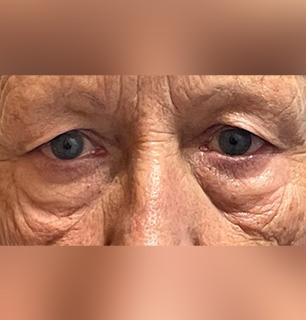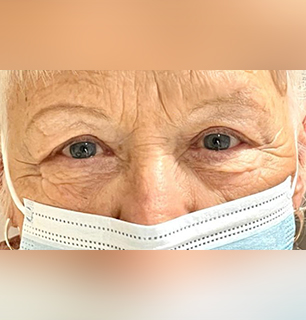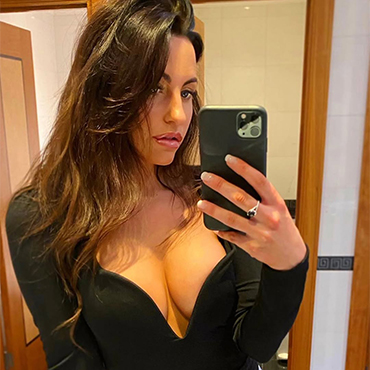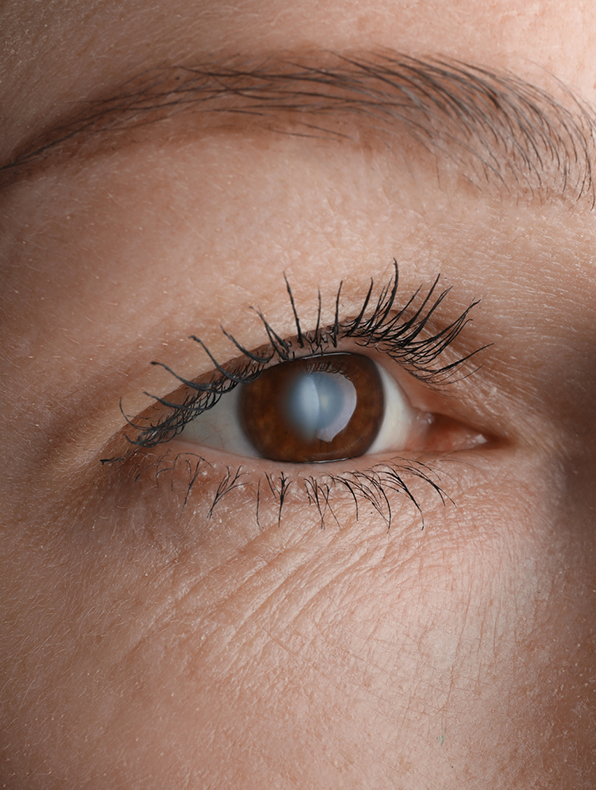

Why choose us for a Eyelid & Eyebag Surgery?
- You will be seen and operated on by a fully qualified BAAPS/ BAPRAS Consultant plastic surgeon.
- Our prices are competitive and represent outstanding results.
- We provide a personal and holistic service to our patients
- We put your safety first!
As we age, the skin loses its elasticity and so becomes looser around our eyes. The skin gathers in excess over the upper eyelids and can lead to an appearance of sadness as well as heaviness when opening our eyes. In and around the lower eyelids the skin can become loose and eyebags develop. Cosmetic Surgeons London can help restore the brighter and fresher look of your younger years with blepharoplasty (eyelid/eyebag) surgery.
Lifetime guarantee implants


Unlocking confidence for
our patients



















Am I a candidate for blepharoplasty surgery?
- I have excess skin over the upper eyelid and the natural crease has disappeared
- I have loose skin which hangs from my upper eyelids especially towards the outside which makes me look tired
- The heavy skin over the upper eyelid makes it difficult for me to open my eyes fully and obscures my vision
- My lower lids have started to sag and there is excess skin visible
- I have noticeable puffiness (eye bags) beneath my lower lid (even when I am not tired!)


Procedure Overview
Operation Time
1 - 3 hours
Anaesthetic
General Anaesthesia (Local for Upper)
Nights in Hospital
1 night
How much time off work?
2 weeks
When can I exercise?
After 6 weeks
Book a 3D Remote Consultation
Evaluate and discuss the best options for you through remote video call.
FAQs
What does blepharoplasty surgery involve?
Blepharoplasty is a term for many surgical procedures which can be applied to the upper and lower eyelids to give them a younger appearance. It can be carried out under local anaesthesia for the upper eyelids. General anaesthesia is preferred for the lower eyelids to give the patient a more comfortable and a safer experience.
Your Eyelid & Eyebag Surgery Journey

Before Surgery
You will have seen Mr Sojitra on more than one occasion to fully answer all your questions. It is important to avoid medications, if possible, such as aspirin and non-steroidal anti-inflammatories (NSAIDs) e.g Ibuprofen (Nurofen), Sodium Diclofenac (Voltarol) for 1 week before surgery. These tablets may increase bleeding during and after surgery. It is advisable to stop smoking 2 weeks before and after surgery from both a wound healing and an anaesthetic perspective.
The Day of Surgery
Recovery
You will experience some degree of bruising, swelling, and discomfort around your eyes and cheek all of which improve by the day. The swelling will tend to increase over the first 48 hours and then gradually subside over the next 2 weeks. Your eyes can sometimes feel a little gritty for the first few days. You may put make-up on after a few days if you wish. Our consultant anaesthetist will prescribe you adequate medication (eye drops and tablets) to take home to alleviate any discomfort you may experience. You are encouraged to rest the first few nights. It is important not to get the paper tape wet after surgery and you will be advised on showering. Depending on your type of work, you may return to work between 7-14 days after your procedure. No heavy lifting, straining or strenuous exercise for 6 weeks. It can take a few weeks before the swelling completely subsides. The fine stitches will be removed in 5-7 days. You will be seen 7-14 days after surgery. Your surgeon will closely follow your recovery.
Safety and potential complications?
Scars
Scarring on the whole is not problematic. A scar will always exist unless surgery is done from inside and will fade with time. Certain individuals e.g. afro-carribean races and red haired individuals are at a higher risk of forming excess scar tissue (keloid or hypertrophic scars). Should these scars develop excellent advice and treatment will be provided by your surgeon.
Bleeding
Rarely, small blood vessels that have been cauterised during surgery open up afterward. It is commoner in males and in patients who take blood thinning medications such as aspirin and non-steroidal anti-inflammatories (NSAIDs) e.g Ibuprofen (Nurofen), Sodium Diclofenac (Voltarol). This results in a collection of blood (haematoma) that needs to be removed. This involves a return to the operating theatre where the blood collection is washed out and the skin sutured back. There are no permanent side effects due to this and your ultimate blepharoplasty result will not be affected.
Gritty or Watery eyes
This may occur during the first few days after surgery and often tends to settle down completely after a few weeks.
Lower lid drooping
In some cases, the lower lid may sag a little in the early post-operative period due to swelling and heaviness. This tends to correct itself. Occasionally, a minor corrective procedure may be required.
